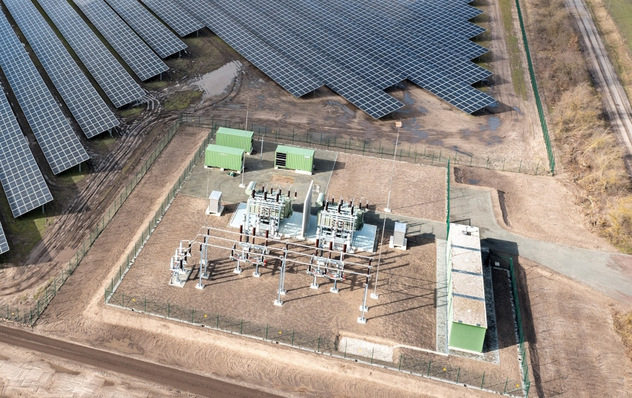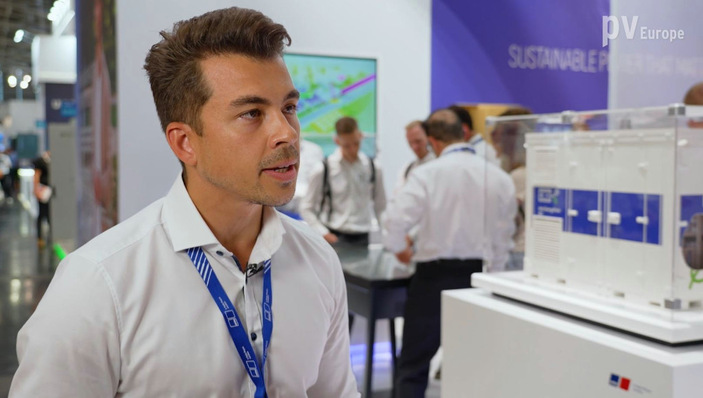Together with partners, researchers at the Fraunhofer Institute for Manufacturing Engineering and Automation (IPA) have developed a scalable production process for solid-state batteries. The scientists have thus closed a gap that still exists in the market launch of such solid-state batteries. This is important for the energy transition. After all, solid-state batteries have several advantages over lithium-ion batteries. For example, they are not flammable because they do not have a liquid electrolyte. Solid-state batteries are also lighter, which results in a higher energy density.
See also: Tesvolt equips large-scale storage facility with 65 megawatt hours
Basis for further development close to industry
However, solid-state batteries with a ceramic electrolyte layer have so far only been produced on a laboratory scale. With the current development, the researchers at Fraunhofer IPA have created the basis for the further development of solid-state lithium-ion batteries on an industrial scale. "We have been able to raise the production of solid-state batteries from laboratory scale to an industry-oriented, scalable level," emphasises Jonas Heldt, scientist at Fraunhofer IPA.
Sounding out the situation on the raw materials market
To this end, the analysts from machine manufacturer Dr Fritsch GmbH, as a project partner, first analysed the situation regarding the required raw materials. In particular, the focus was on the solid electrolyte lithium aluminium titanium phosphate (LATP). This is because it has not yet been used industrially and is therefore not produced in large quantities. The initial question was therefore: where can the necessary raw materials be obtained and how do they have to be processed? "The challenge here is not the availability of the individual raw materials per se, but the still relatively small number of manufacturers who produce the solid-state electrolyte LATP from them," says Elke Ade, Head of the Metal Powder Division at Dr Fritsch. "However, experience shows that this will grow rapidly in line with demand for the end product."
Making the process scalable
However, it is not just a secure supply of raw materials that is needed if the solid-state batteries are to reach the market, but also a production process that is close to industrial scale. It must be possible to scale this up to a higher throughput. Normally, foils are coated during production so that they serve as an anode, cathode and neutral intermediate layer. These are then assembled to form the actual battery.
Intermediate layers reduce mechanical stresses
However, ceramics are used for solid-state batteries. Various powders are the starting materials here. To bring this into a solid form, it must be sintered. This means that it is heated under pressure.
Also interesting: 2024 perovskite breakthroughs are the future of solar
The researchers at Fraunhofer IPA have investigated various processes for this purpose. The most promising was to stack the powders dry in a mould. In addition to cathode, anode and electrolyte layers, intermediate layers are also added to prevent the electrolyte content from increasing too abruptly. These gradual transitions reduce mechanical stresses and improve contact resistances in the sintered battery.
Material is pressed together
The filled mould is then placed in a sintering press. The materials are pressed together with a stamp under high pressure and comparatively low temperatures. This only takes a few minutes and is extremely fast compared to conventional sintering processes. These take several hours. "Using this process, several graded layers of cathode and separator can be produced in a single manufacturing step, which significantly reduces the amount of work involved and allows subsequent scaling up to larger throughputs," explains Jonas Heldt. This would lay the foundation for the industrial production of solid-state batteries. (su/mfo)








